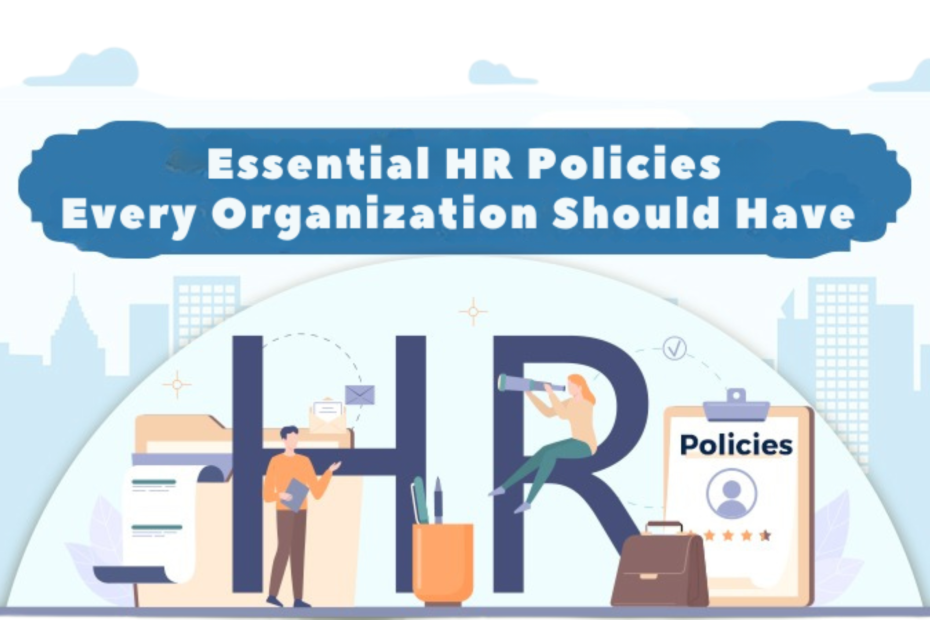In today’s fast-changing business world, success requires more than just an excellent product or service. Companies must also build a firm foundation through sound human resources policies. These HR policies form the backbone of an organization, aligning employees and management to work together toward shared success. Critical HR policies that every company needs include…
1. Equal Employment Opportunity (EEO) Policy
Promoting diversity and inclusion is more than just the right thing to do, it also benefits companies financially. An equal employment opportunity policy guarantees fair and equitable treatment for all individuals in recruiting, hiring, promotions, and other employment practices, without discrimination based on race, gender, age, religion, disability, or other protected traits.
2. Anti-Discrimination and Harassment Policy
Establishing a secure and respectful workplace is essential for the welfare of employees and the achievement of organizational goals. A policy against discrimination and harassment defines unacceptable conduct, establishes transparent reporting protocols, and guarantees prompt and suitable measures following complaints.
3. Code of Conduct/Ethics Policy
Integrity and ethical behavior are essential for an organization’s reputation and success. A detailed code of conduct establishes the expected standards for behavior, including rules for handling conflicts of interest, maintaining confidentiality, and engaging with clients, suppliers, and competitors.
4. Employee Benefits and Leave Policy
It is crucial to have competitive employee benefits and leave programs to attract and retain top talent. These policies need to detail health insurance, retirement plans, paid time off, parental leave, and other perks provided by the organization.
5. Performance Management Policy
Establishing clear expectations and providing consistent feedback are essential elements of an effective performance management system. This strategy must outline performance evaluation procedures, assessment criteria, and methods for offering helpful feedback and growth opportunities to staff members.
6. Workplace Health and Safety Policy
By prioritizing the health and safety of employees, organizations can not only protect individuals but also reduce risks and liabilities. A strong health and safety policy details protocols for recognizing and managing hazards, supporting wellness programs, and meeting regulatory requirements.
7. Data Privacy and Security Policy
In today’s technology-driven world, it is essential to protect sensitive information. Implementing a data privacy and security policy is crucial as it sets out procedures for gathering, storing, and securing employee and customer data, along with rules for adhering to data protection regulations.
8. Remote Work and Flexible Schedule Policy
With the increasing popularity of remote work and flexible schedules, it is essential to establish clear policies that promote productivity and a healthy work-life balance. These guidelines should cover remote work expectations, communication protocols, and accountability measures for employees working off-site.
9. Conflict Resolution and Grievance Policy
Conflicts are bound to occur in every workplace, but implementing a structured resolution process can help avoid escalation and promote a positive work atmosphere. This policy delineates the steps for addressing conflicts through informal and formal channels, which encompass mediation and arbitration protocols.
10. Termination and Separation Policy
It is crucial to manage the conclusion of employment relationships with professionalism and fairness. A clear policy outlining the steps for conducting exit interviews, returning company belongings, and offering severance benefits if relevant is necessary.

